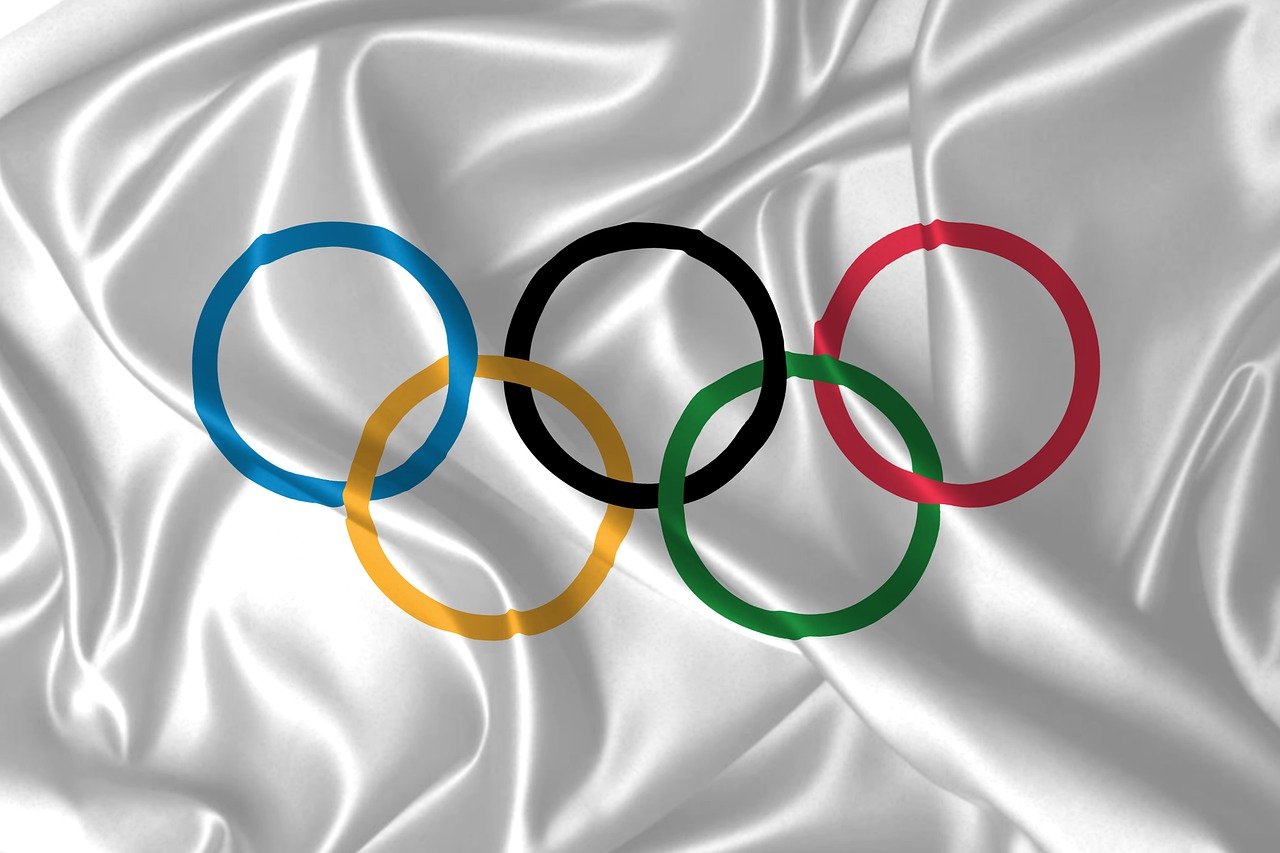
ΑΙhub.org
Paris Olympics 2024: faster, higher, stronger – and more data-driven

By Andy Miah, University of Salford
For the first post-COVID Olympics, there are some major changes now in place at the Paris 2024 Games. First of all, there are no physical tickets for visitors. All tickets are digital, but spectators can separately purchase an additional paper souvenir ticket for their event. While this is significantly a COVID legacy, it’s also a sign of the times, as more of the Olympic Games moves into the digital world.
If we dig deeper, we see how the DNA of this transformation is a story about data and its expansion – and how the ability of the Olympics to grow economically relies on it being harnessed and exploited. As AI steadily changes the strategic positioning of all aspects of life, the sports world has rapidly begun a similar journey. AI is now playing a key role at the Olympics across many areas, including performance analysis, doping checks, security threats, athlete comfort, sports reporting, and broadcasting.
The Olympic Games have been quick to respond to the rapidly developing technological environment. Gone are the days where the International Olympic Committee (IOC) talked about its impact in terms of television viewing figures. Now, it’s all about the live views across all channels, and a looming presence at Paris 2024 is the prominence of TikTok, which itself is driving a huge amount of Olympic athlete content. It is even an official partner of Team GB.
At a session before the opening ceremony, the IOC unanimously supported the creation of the Olympic Esports Games, due to take place for the first time in Saudi Arabia in 2025, building on five years of developing esports in the Olympic programme. It will consist of competitions in familiar computer games formats such as Fornite, along with some new gaming titles which are aligned with traditional sports, including taekwondo, in virtual reality.
This new event ends speculation about whether esports will ever make it into the Olympic Games. Planned to happen every two years – when the Olympics and Winter Olympics aren’t taking place – it signals a major step change in how the sports world interacts with gaming and esports.
Underpinning a number of these changes is the IOC’s realisation that the economic model underpinning the Games needs to evolve. With 61% of the income generated from television rights, and TV’s future looking ever more uncertain, the IOC is betting on gaming and streaming platforms becoming a major feature of its future economy.
Another major innovation this year was the creation of a ticketed experience in Imax cinemas in the US for the opening ceremony, following the model of national theatres around the world.
These new kinds of audience experiences may signal the end of the traditional family-viewing-at-home era. Instead people are more likely to either watch on their own on a personal computer device, or collectively in large groups. Similar shifts are taking place more widely in other major events, from Eurovision to the Euros.
Over nearly two decades, this shift in audience experiences has been driven by the rise of social media and, perhaps more critically, mobile viewing experiences. With platforms such as YouTube, Instagram and Meta driving a vast amount of activity to mobile audiences, the Olympic movement has become increasingly reliant on their platforms to grow their audiences.
In the run up to this year’s Olympics, some athletes used social media platforms to share the beginnings of their journey to Paris. It’s the kind of content that many fans wanted to see – but never could until now.
Will AI squeeze out the human element?
The IOC launched its Olympic AI Agenda in June. In Paris, AI is being used to assist in performance analysis, raising questions also about whether it could further be used to judge sports. For instance, might AI be more able to scan a dive and assess its quality? These are some of the applications being discussed at these Olympics, but there is some division over its use, with fears that AI may replace human judgement in the field of play.
AI has also been used to design personalised bedding for athletes in the Olympic village, add colour to old black-and-white archival footage of Olympics past, and create new forms of sports reporting – such as using AI-generated results stories and commentary.
While so much of this change is driving greater openness and awareness about the Olympic Games, there is also a deeper question we face about the role of professional journalism in the making of sports history.
As more brands become concerned about anything negative surrounding their industry, and the numbers of journalists on news payrolls diminishes, there are worries that the elevation of technology-driven reporting could lead to a loss of independent, investigative journalism. This could have a serious impact on securing a fair record of events like the Olympics.
The extension of this into AI could exacerbate these fears, jeopardising the traditional view of journalists as necessary witnesses to historic events. These matters become increasingly worrisome when this means that officials who oversee such events are not sufficiently interrogated to ensure accountability.
Yet, the motto of IOC president Thomas Bach over the past four years – during which he has driven his reform agenda to ensure the Olympic movement modernises and remains a world-leading community in the 21st century – has been “change or be changed”. It is a mindset that must shape how we think about the future of entertainment as we see new formats of experience being created.
It may not be too far off that viewers will be able to watch Olympic athletes as digital avatars – highly precise computer-generated animated versions of themselves – and this might create new and younger audiences who have grown up on computer games.
Alternatively, active esports are leading to new hybrid sports, where athletes compete in virtual worlds against each using full body tracking technology, competing from anywhere in the world all linked up through the Cloud, which was tested with great success during the COVID restrictions.
The advent of AI occurs at a defining moment in Olympic history, as it becomes an event embracing new technologies. Its major worldwide partners are companies driving new standards in technological innovation – the economic powerhouse underpinning the Olympic industry and shaping the character of the Games in the 21st century.![]()
Andy Miah, Chair in Science Communication & Future Media, University of Salford
This article is republished from The Conversation under a Creative Commons license. Read the original article.










